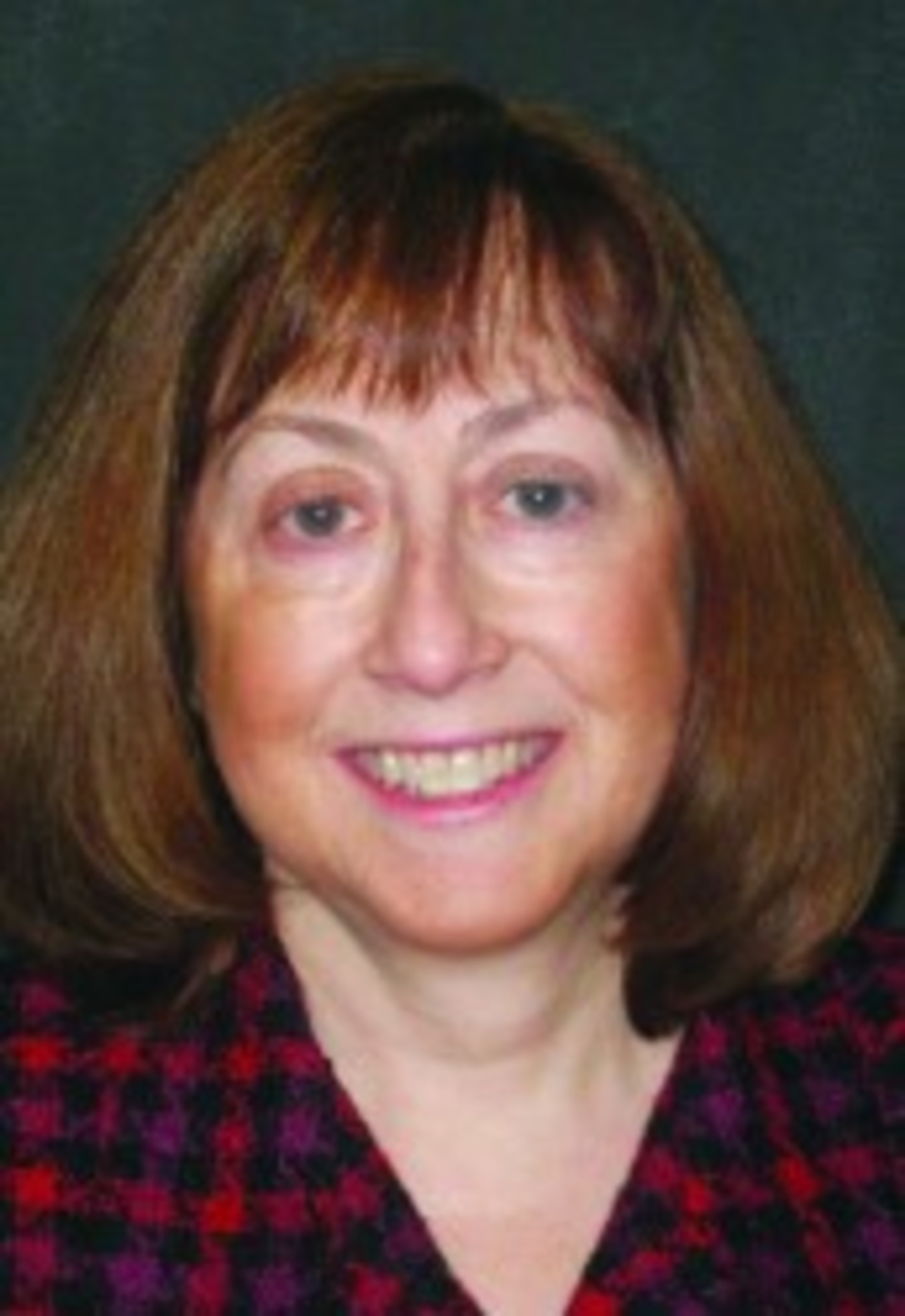Let’s fight hate together
We are living in highly-charged, tense times. I have watched as Americans, and even members of our local Jewish community, have become stratified. Left. Right. Far left. Far right. Pro this. Anti that.
Meanwhile, civility has declined. It has become so bad that many of us are unable to even discuss or debate our differences.
How could this happen even in the Jewish community in southeastern New England, where we have so much in common?
I have been a pretty staunch advocate of a middle-of-the-road approach for most of my life and as editor of this newspaper. We have a wide range of opinions in our Jewish community, but I have always believed we have more to bind us together than separates us.
Unlike in many countries, newspapers in the United States historically were not known as leaning right or left because we have deep traditions and professional standards that dictate that we remain neutral and provide balanced coverage; we try to reflect the viewpoint of the entire community, with its many sides. In turn, there has always been an expectation that you will read about a variety of opinions, and make your own decision, no matter the issue.
So, sometimes you’ll see a conservative column that is right next to a liberal column. And that’s OK, and even desirable, because it educates readers on multiple perspectives, which can help them decide where they stand on an issue.
Recently, I watched as a diverse group of Rhode Islanders put aside their differences and spent a day discussing how to work toward a common goal: fighting hate in the Ocean State.
There was good representation from marginalized communities across the state. The conversations included antisemitism, but they certainly weren't limited to hatred of Jews.
As Jews, we focus on antisemitism. But plenty of other groups suffer discrimination, of course, including Blacks, LGBTQ+ members, Muslims and Asians. Hate impacts all these communities.
The summit had representation from each of these communities. And antisemitism was front and center. Rabbi Sarah Mack sat on a panel about local hate, while Peggy Shukur, of the Anti-Defamation League, was on the panel that discussed national hate. She presented the big picture when it comes to antisemitism. You can read more about the summit on page 17 of this month’s paper.
Everyone left that meeting feeling inspired to work together to fight the growing instances of hate in our state. We can all help by working together to track hate – and that includes antisemitism – using the wide range of trackers that are available to us. They are included in the story on page 17.
Antisemitism is a huge and growing problem for the Jewish community in the United States and around the world. President Joe Biden has just issued the U.S. government’s official policy on combating antisemitism. And while we might not all agree on the entire policy, let’s agree that it’s a step in the right direction to hold bigots accountable for this kind of terrible hate.
Some will claim the summit wasn’t inclusive enough, while others will accuse the government of using the “wrong” wording and definition of antisemitism.
But I would hope we can all make it our responsibility to fight against antisemitism and hate in general, and not get caught up in fighting with one another over which words offer the right way to fight hate.
Quite simply, there are some things we shouldn’t be fighting about. Antisemitism and other forms of hate are some of those topics where we should all focus on our common ground. Let’s focus on what brings us together instead of what divides us.
Fran Ostendorf
Editor








